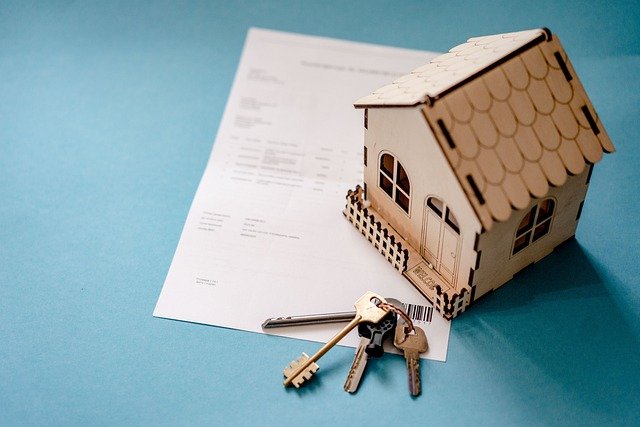Navigating the Maze of Anxiety: A Comprehensive Understanding
Anxiety, a common human emotion, has been a part of our collective existence since the dawn of humanity. Our ancestors experienced it as a survival mechanism, alerting them to potential dangers in their environment. However, it's far from being a mere relic of our evolutionary past. Modernity has reshaped anxiety into a complex mental health condition that affects millions worldwide.

Historical accounts of anxiety are traced back to ancient civilizations, such as the Egyptians and Greeks, who attributed these feelings to spiritual or supernatural forces. Hippocrates, the father of medicine, described anxiety as a medical condition caused by an imbalance of bodily fluids known as humors. The understanding of anxiety further evolved during the Middle Ages and Renaissance, where it was often associated with religious or moral failings.
The 19th and 20th centuries witnessed a shift from spiritual to psychological explanations. Sigmund Freud, the founding father of psychoanalysis, attributed anxiety to repressed feelings and unresolved inner conflicts. The advent of the Diagnostic and Statistical Manual of Mental Disorders (DSM) in the mid-20th century marked a significant turning point, providing a standardized classification for anxiety disorders.
Anxiety in Our Modern World
Fast forward to the 21st century, anxiety is recognized as a prevalent and serious mental health issue. The World Health Organization reports that anxiety disorders are the most common mental disorders worldwide, affecting around 264 million people globally.
Our fast-paced, achievement-oriented society often fuels feelings of anxiety. The constant connectivity through digital technology, the pressure to succeed, and the uncertainty of our times contribute to the escalating rates of anxiety disorders. The current COVID-19 pandemic has further intensified these feelings, leading to what many mental health experts term as a ‘shadow pandemic’ of mental health issues.
The Impact of Anxiety on Individual and Societal Wellbeing
Anxiety can significantly impair an individual’s quality of life, affecting their physical health, emotional wellbeing, and social interactions. It can lead to a range of physical symptoms, including headaches, stomachaches, and sleep disturbances. Emotionally, it can cause feelings of constant worry, fear, and restlessness. It can also strain relationships and hinder performance at work or school.
Society pays a high price for anxiety disorders. Beyond the personal suffering, anxiety also carries substantial socioeconomic costs. It leads to increased healthcare utilization and loss of productivity, accounting for billions of dollars in economic burden globally. It also contributes to social challenges, such as increased substance misuse and higher rates of school dropout.
Moving Beyond the Stigma: The Reception of Anxiety
Despite its widespread prevalence and impact, anxiety remains misunderstood and stigmatized. Many people still view anxiety as a sign of personal weakness or a character flaw, leading to a culture of silence and denial.
Fortunately, the tide is slowly turning. Increased awareness and understanding about mental health are beginning to chip away at the stigma. Celebrities and public figures openly discussing their struggles with anxiety have played a pivotal role in shifting public perception. Furthermore, the global mental health movement and various awareness campaigns are working tirelessly to promote mental health literacy and foster a culture of acceptance and support.
Redefining the Approach to Anxiety
Traditional approaches to anxiety have primarily focused on medication and psychotherapy. While these remain integral to anxiety treatment, there’s a growing recognition of the need for a more holistic approach.
Mind-body practices, such as mindfulness and yoga, are gaining momentum as effective tools in managing anxiety. There’s also a growing interest in the role of diet and nutrition in mental health. Emerging research indicates that a healthy diet, rich in fruits, vegetables, lean protein, and whole grains, can help mitigate anxiety symptoms.
Furthermore, there’s a call for preventive strategies aimed at mitigating risk factors and enhancing protective factors. Early intervention, resilience training, and promoting healthy lifestyle habits are being recognized as crucial in preventing the onset of anxiety disorders.
The journey through the maze of anxiety is undoubtedly complex. However, armed with a better understanding and equipped with a holistic approach, we can navigate its twists and turns more effectively. By continuing the conversation, challenging the stigma, and investing in research and resources, we can ensure a healthier, less anxious future for all.




